8 Helpful Remedies In The Treatment Of Chafed Skin
By: Priyanka Maheshwari Mon, 10 Apr 2023 09:27:44

Chafing is a common skin condition that occurs when there is friction between two areas of skin or between clothing and skin. It can cause redness, irritation, and discomfort. While chafing can happen anywhere on the body, it is most commonly found in areas where skin rubs against skin, such as the thighs, underarms, and groin.
Home remedies for chafed skin are a popular option for those who want to avoid over-the-counter treatments or medical procedures. These remedies are often natural and can be made from ingredients that are readily available in most households.
There are several home remedies that can be effective in the treatment of chafed skin, such as aloe vera gel, coconut oil, and oatmeal baths. These remedies work by soothing the skin and reducing inflammation and redness.
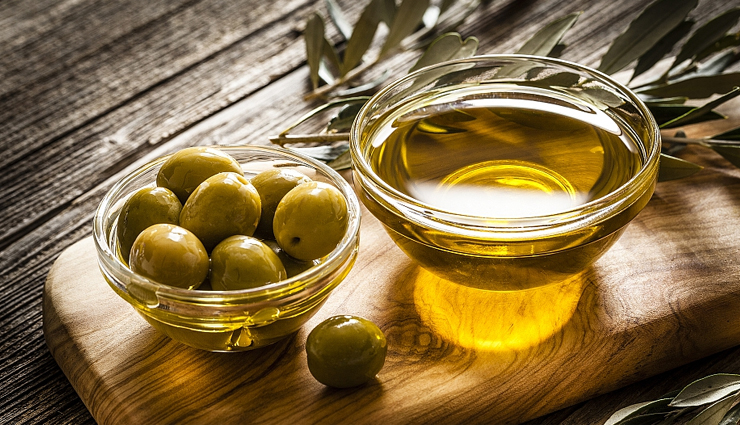
# Try plant oils
Plant oils such as coconut oil, olive oil, castor oil, almond oil, and other vitamin-E rich oils can help moisturize the skin. These oils also help reduce inflammation and treat dryness.
How to use: Gently massage the affected area with any of these oils.
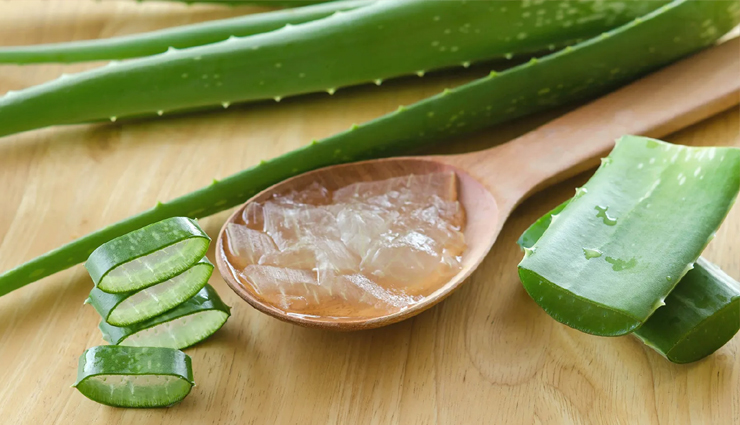
# Apply aloe vera gel
Aloe vera contains anti-inflammatory, antibacterial, and soothing properties. It also binds moisture to the skin and helps strengthen the skin barrier.
How to use: Extract fresh aloe vera gel and apply it to the affected area. Rinse after 15–20 minutes.
Alternatively, mix ¼ cup of aloe vera juice with 1 cup of green tea and lavender essential oil. Spray this mixture on the chafed skin two times a day. The polyphenols in green tea also help reduce itching.
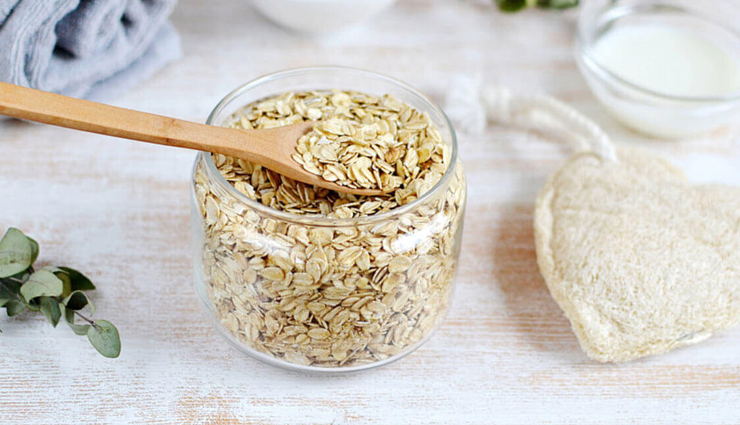
# Take an oatmeal bath
The antioxidant and anti-inflammatory nature of oatmeal can help soothe chafed skin.
- Add 2 cups of ground oatmeal in your bath water and soak in it for about 20 minutes.
- Mix ½ cup of ground oatmeal in 1 cup of milk and apply the paste to your skin. Rinse after 15–20 minutes.
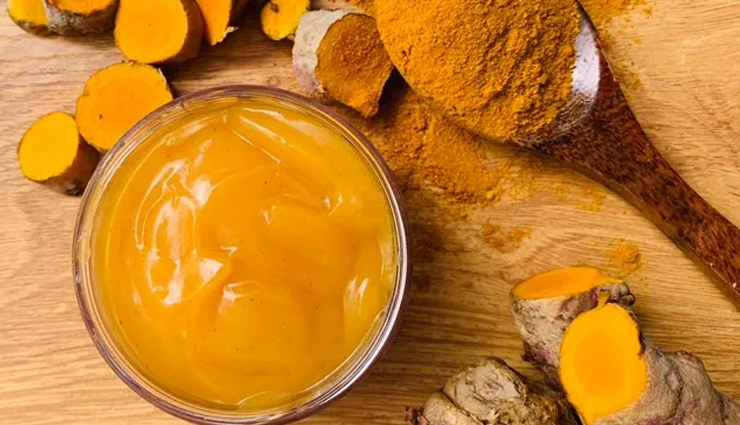
# Apply turmeric paste
Curcumin, the active compound of turmeric, has antiseptic and anti-inflammatory properties. This can be helpful in controlling inflammation and infection.
How to use: Mix turmeric powder in water to form a paste. Apply it to the affected area and clean after 15–20 minutes.

# Use calendula essential oil
Calendula essential oil, popularly used for treating rashes and minor burns, has wound-healing and anti-inflammatory properties that can help improve the friction burns and stinging associated with chafed skin.
How to use: Dilute the essential oil with any plant oil, and apply the oil blend to the affected areas.
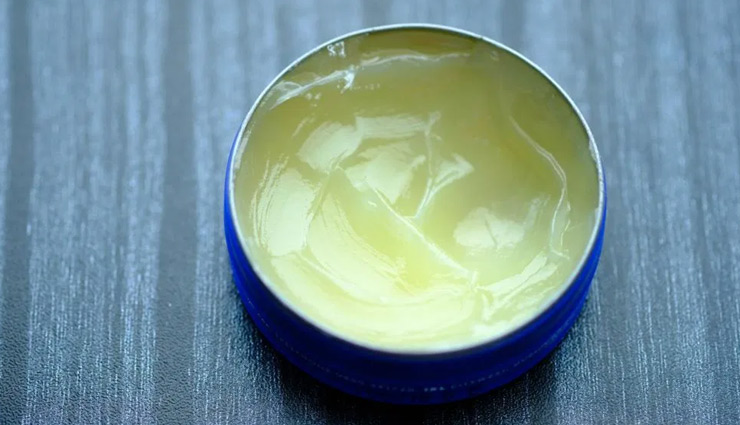
# Apply petroleum jelly
Petroleum jelly is seen to help treat chafed skin. Moreover, it reduces friction between skin surfaces and is thus useful in preventing skin chafing.
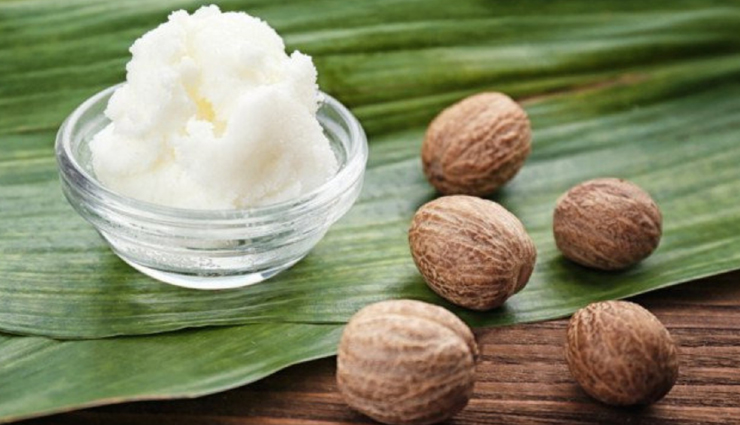
# Consider natural fats
Natural fats, including milk cream, shea butter, cocoa butter, and avocado butter, can keep moisture in the skin. The application of these natural butters is helpful in restoring the water content of dry skin, thus aiding recovery.
Additionally, shea butter has anti-inflammatory properties.
How to use: Apply the natural fats or lotions containing them directly to your skin.
# Try OTC antichafing ointments
Several OTC antichafing ointments that generally contain arnica gel, zinc oxide, silicone gel, beeswax, glycerin, or mineral oils are available commercially.
You can also try using non-prescription-strength corticosteroid creams for the treatment of chafed skin.
Note: It's important to note that while home remedies can be effective for some people, they may not work for everyone. Additionally, some home remedies may cause irritation or other side effects. It's always a good idea to talk to a healthcare provider before trying any new treatments for chafed skin, especially if you have a medical condition or are taking medication.





